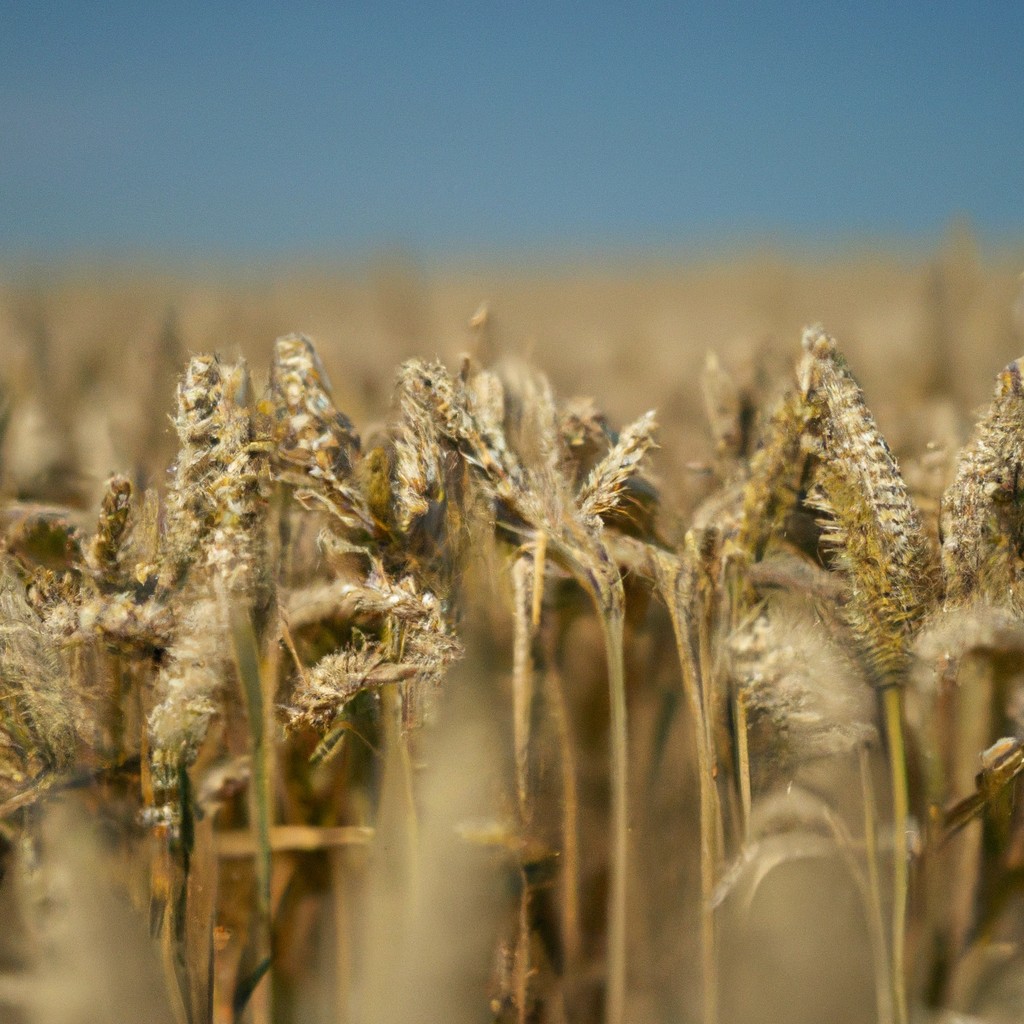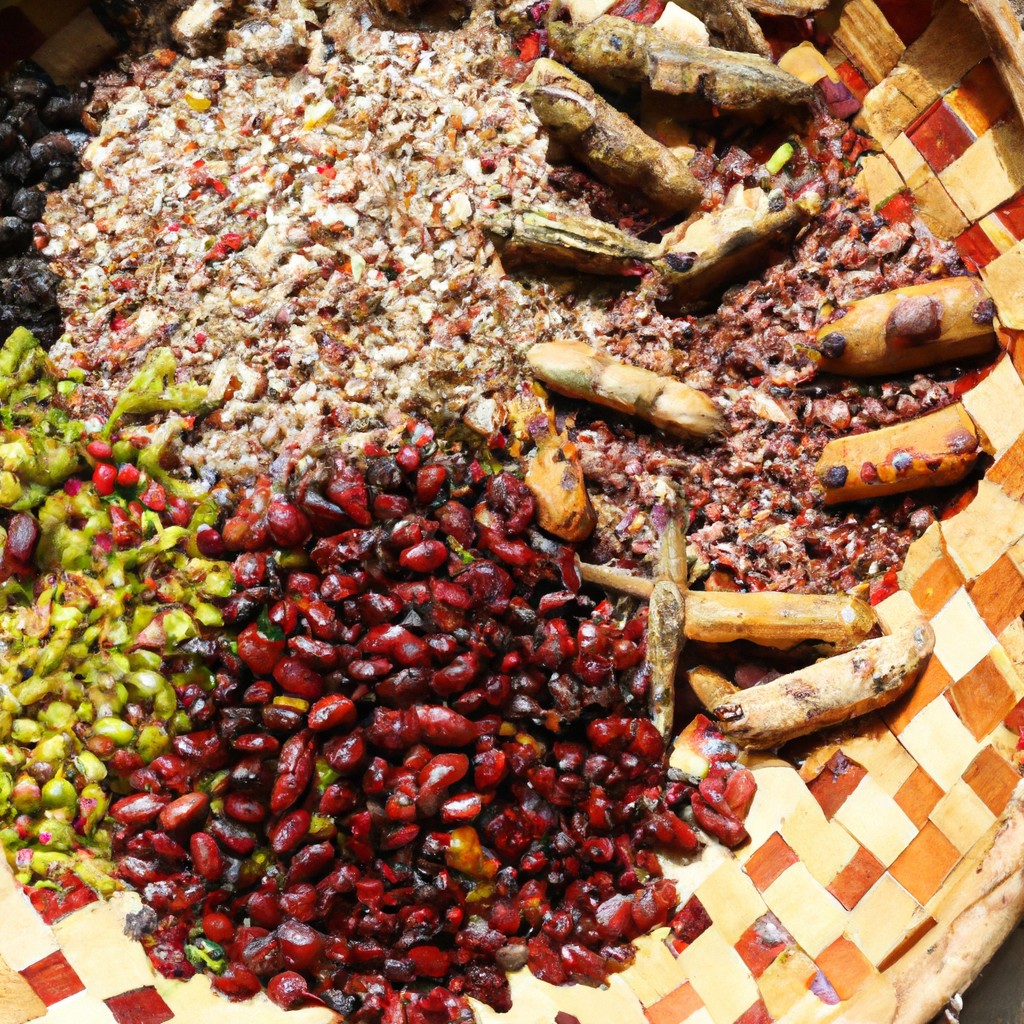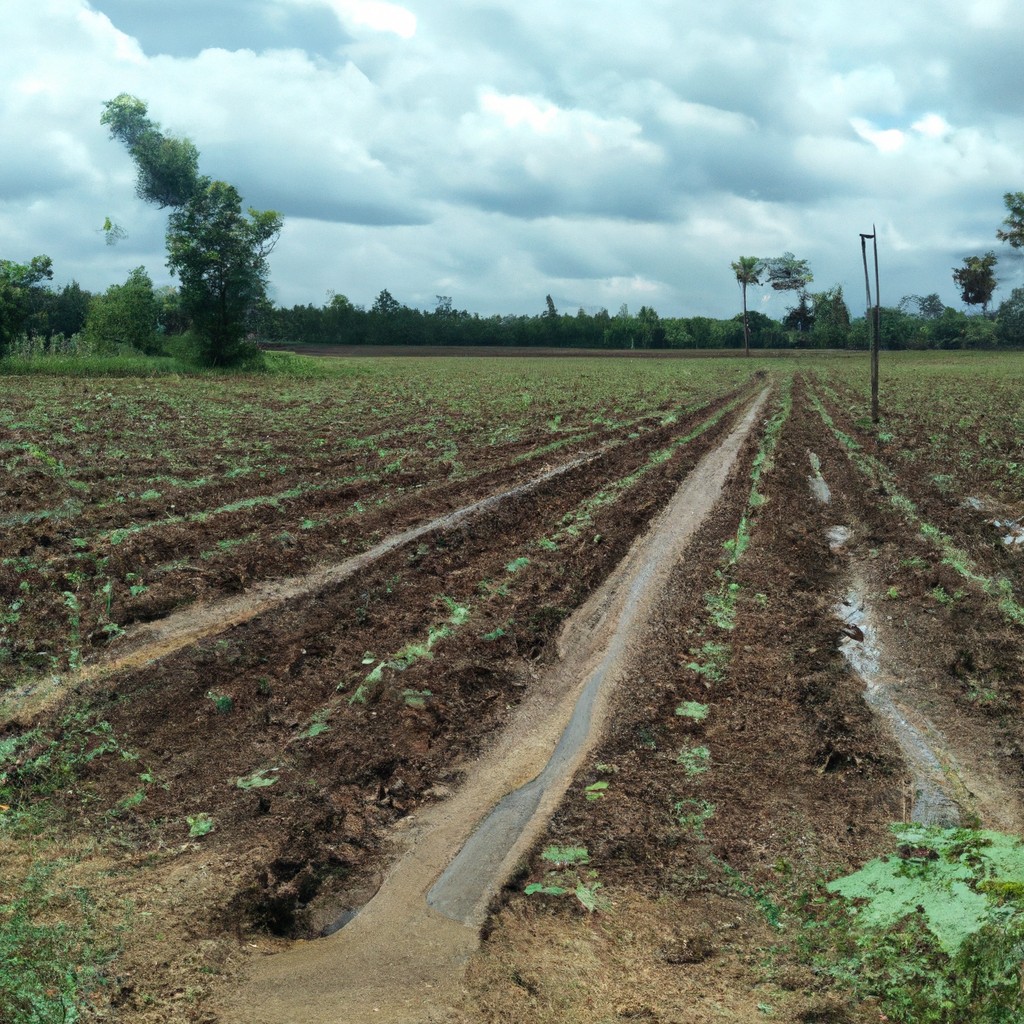Curious about monoculture farming? Discover what it is, how it impacts the environment, and why some say it’s the farming world’s version of putting all your eggs in one basket.
Look Inside:
Definition

Monoculture refers to the agricultural practice of growing a single crop species over a wide area and for multiple consecutive seasons. Picture a vast field of corn stretching to the horizon with no pesky soybeans or wheat thrown in. It’s like having an exclusive club, but for plants.
This approach simplifies farming operations. Farmers only need to focus on the needs of one crop, making it easier to manage and optimize for large-scale production. Imagine managing a kindergarten class where all the kids have the same favorite snack – easier, right?
However, while the simplicity can be enticing, monoculture comes with a few trade-offs. It’s like only eating ice cream for dinner: delightful at first, but not great in the long run.
Advantages
Increased productivity and efficiency are often touted as the shining stars of monoculture farming. Imagine getting the same crop from a field year after year with predictable results. Sounds like a dream, right? It’s partly true. With monoculture, farmers can specialize in one crop, mastering its cultivation. This leads to streamlined operations, fewer surprises, and a bumper harvest of expertise.
Think of it as Netflix knowing your favorite show. The system learns and improves. Similarly, machinery and methods can be tailored to that one crop, cutting costs and saving time. Your tractor becomes a crop-specific warrior, optimized for action.
Also, pest control is simplified. Got a bug problem? Monoculture farming allows targeted solutions because you’re dealing with just one type of crop. You don’t have to juggle ten different pest management strategies and feel like you’re starring in a bad circus act.
Lastly, economies of scale come into play. Buy seeds in bulk, sell the harvest in bulk. Everyone loves a good bulk deal. Monoculture farming, when done right, can keep the lights on and perhaps even provide that extra scoop of ice cream.
Increased Productivity and Efficiency
When it comes to getting the most bang for your buck, monoculture farming can make a lot of sense. Why? Specializing in a single crop allows farmers to streamline their operations. Imagine running a car factory where you only make one type of car. You’d get really good at it, really fast.
It’s like becoming a pro at making the perfect cup of coffee every morning. You know exactly how much water, how many beans, and the grind size. The setup requires fewer adjustments, resulting in way less hassle and, of course, increased productivity.
Imagine fields filled with identical crops—harvesting becomes a breeze. You can use the same techniques, machines, and even fertilizers, which overall, boost efficiency. It’s like running a well-oiled machine, where each part knows exactly what to do.
This method also slashes down the time it takes to train workers, who can become highly skilled at handling the same crop day in, day out. Hey, who doesn’t want to master their craft?
Efficient? You bet.
Disadvantages
Soil Degradation and Fertility Loss
One crop on repeat equals soil exhaustion. Imagine eating only carrots for the rest of your life. The soil feels the same way. Constant cultivation of a single crop drains specific nutrients, leaving the soil barren.
Pesticides and synthetic fertilizers often become best friends with monoculture. Unfortunately, these chemical buddies can mess up soil health, killing off beneficial organisms.
Decrease in Biodiversity
Picture a field of identical clones. Boring, right? Monoculture reduces plant diversity, creating a buffet for pests. Pests love the uniformity, and diseases spread like gossip at a high school reunion.
Fewer pollinator visits become a sad reality too. Bees and butterflies need a mix of plants to thrive. Without diversity, their visits are as rare as a unicorn sighting.
Soil Degradation and Fertility Loss
Soil in a monoculture system often gets treated like that overused couch cushion. Over time, the same crops siphon off the same nutrients without giving much back. Imagine an all-you-can-eat buffet where soil constantly serves up nitrogen to hungry corn plants. Eventually, the buffet runs empty, leading to nutrient depletion.
The lack of crop diversity also means fewer root varieties poking around underground. Roots from different plants play unique roles in maintaining soil structure and health. With monoculture, it’s like having one employee do all the work; burnout is inevitable.
Heavy use of synthetic fertilizers to compensate for nutrient loss adds insult to injury. These fertilizers can improve yields temporarily, but they often fail to restore the soil’s natural fertility. Instead, they can lead to soil becoming compacted and lifeless, turning your field into a barren desert rather than a lush garden.
In other words, monoculture treats soil like it’s on a never-ending treadmill, always running, never recovering.




